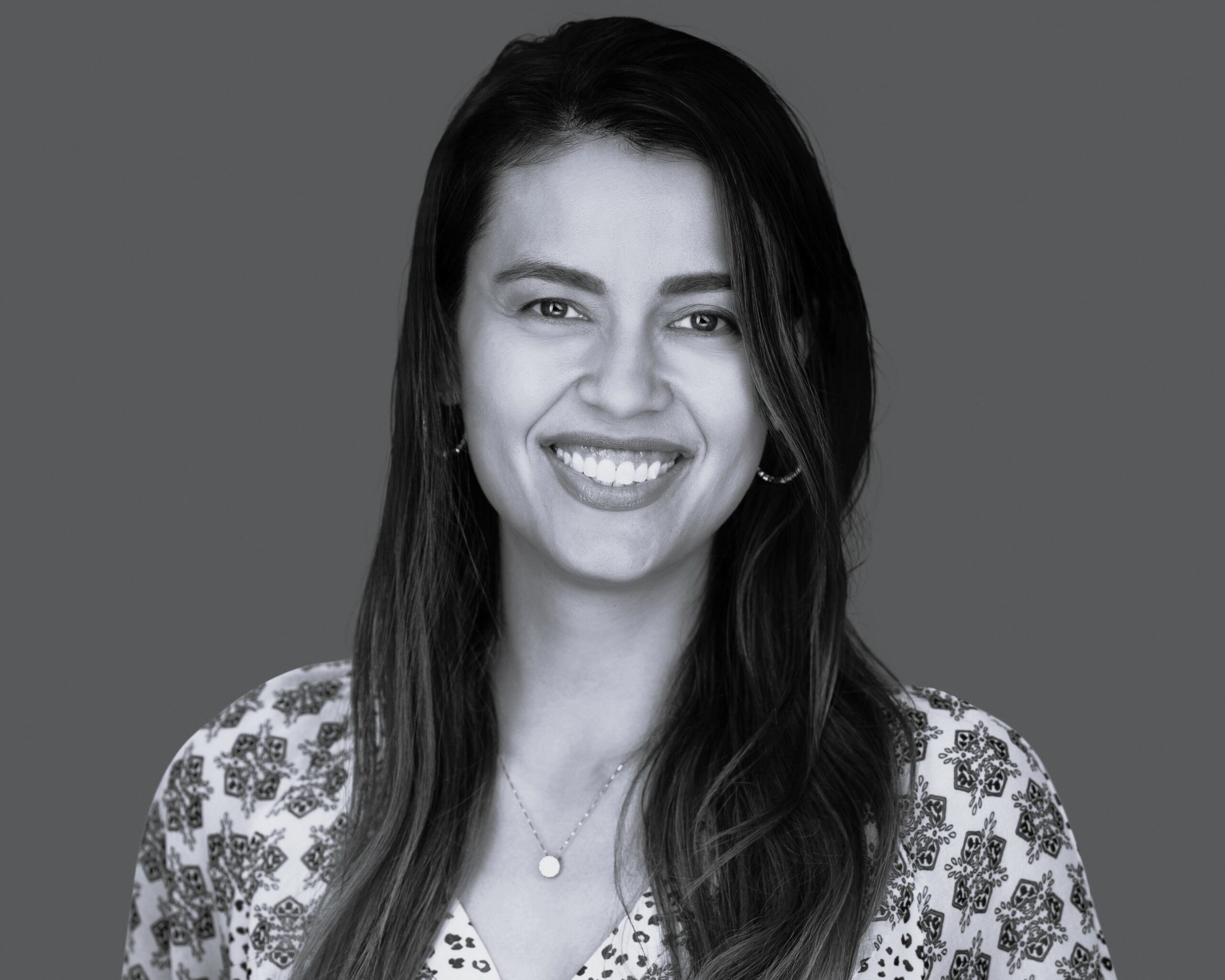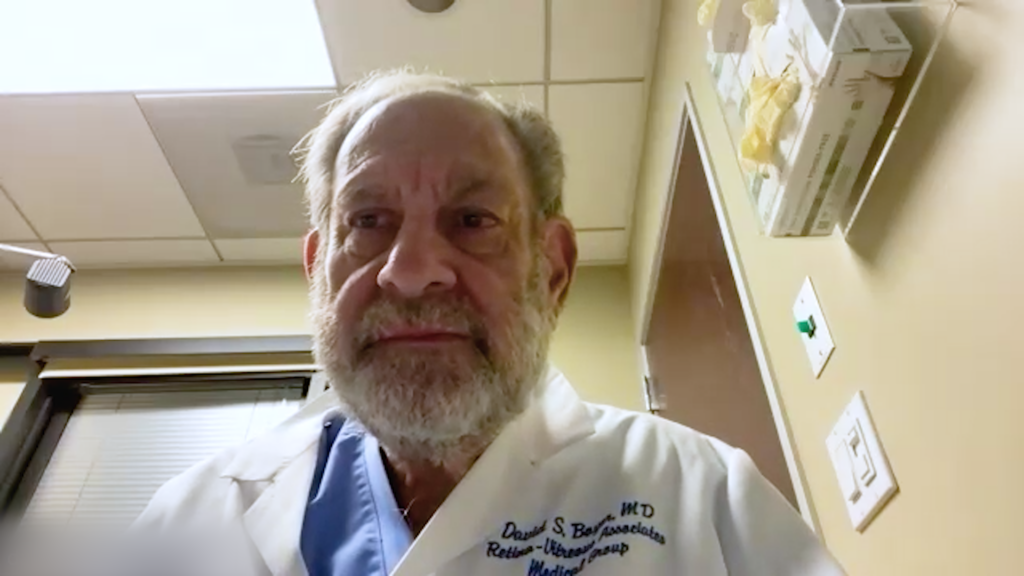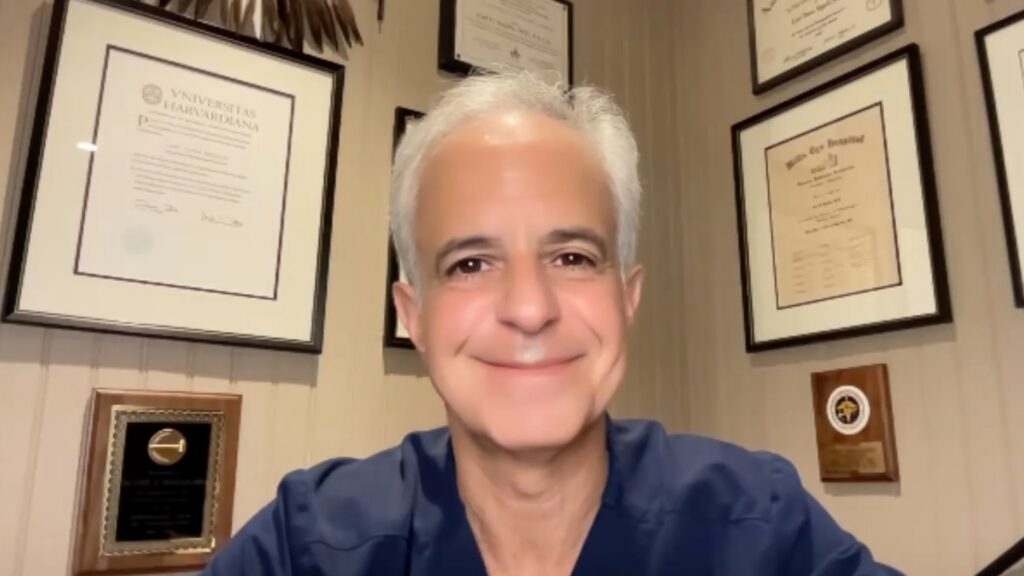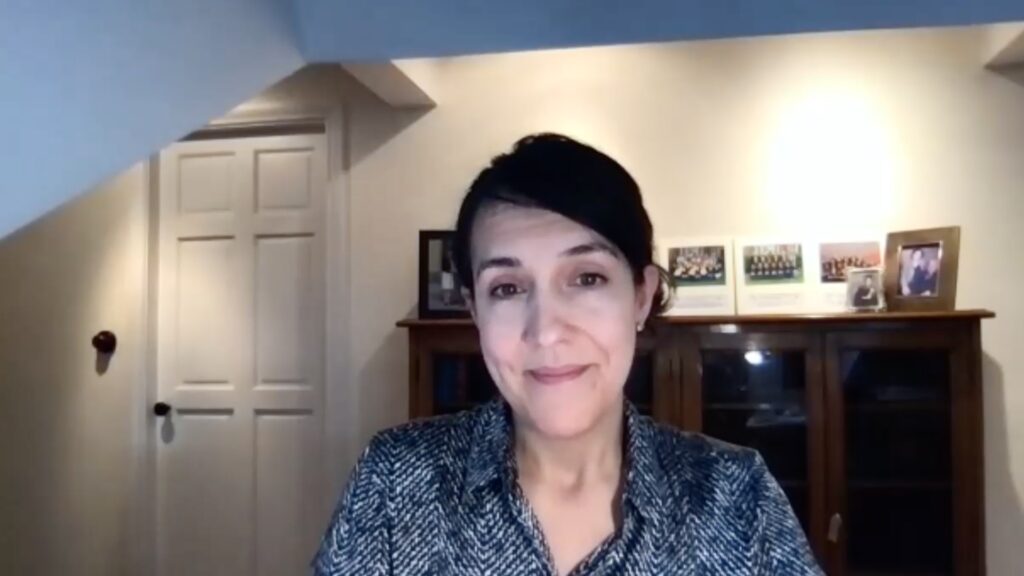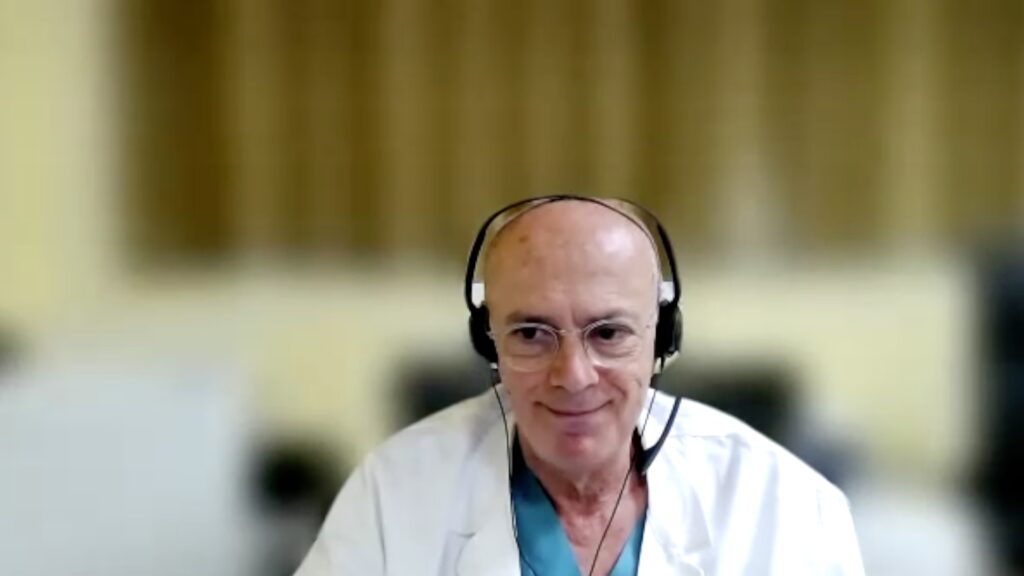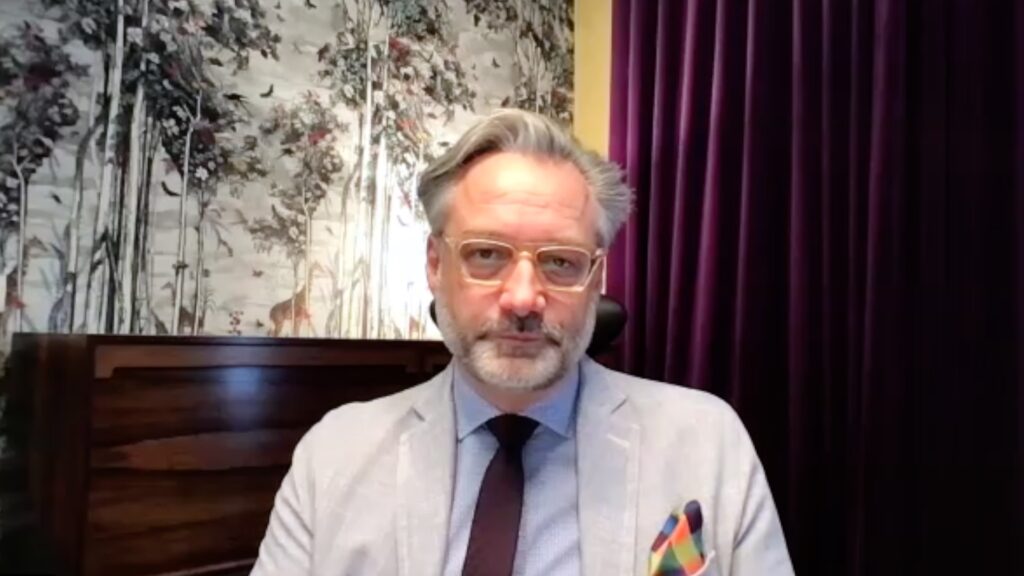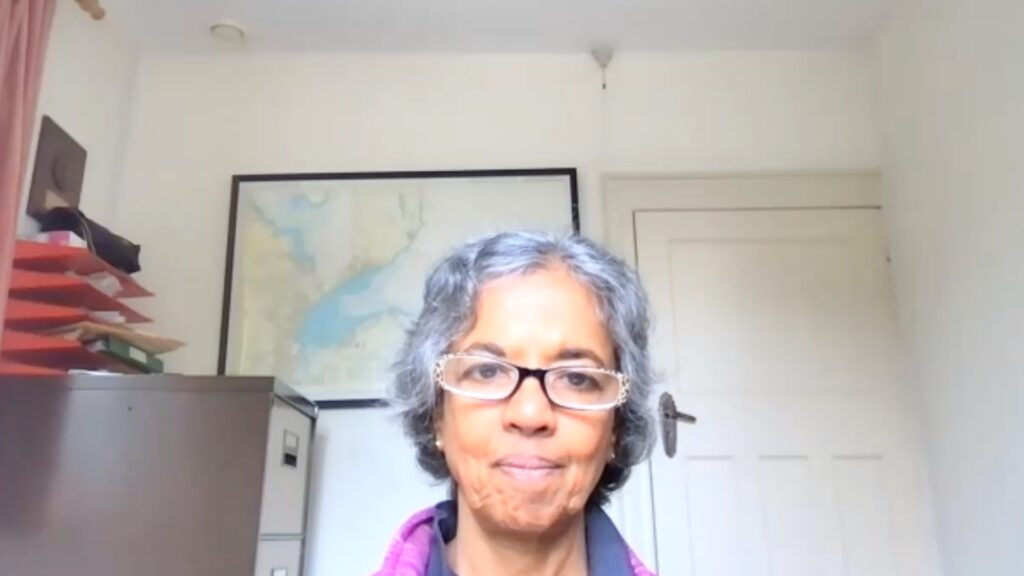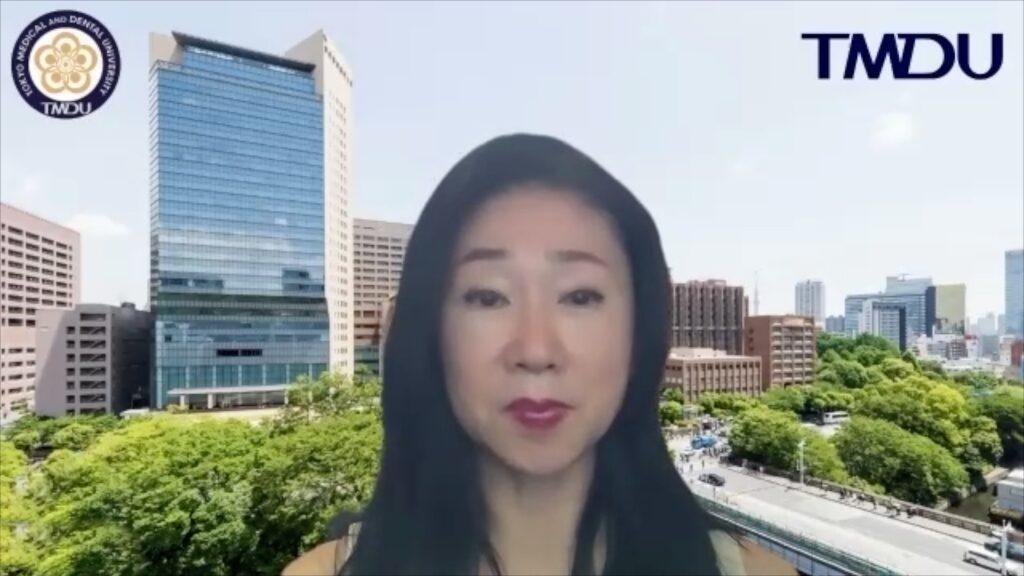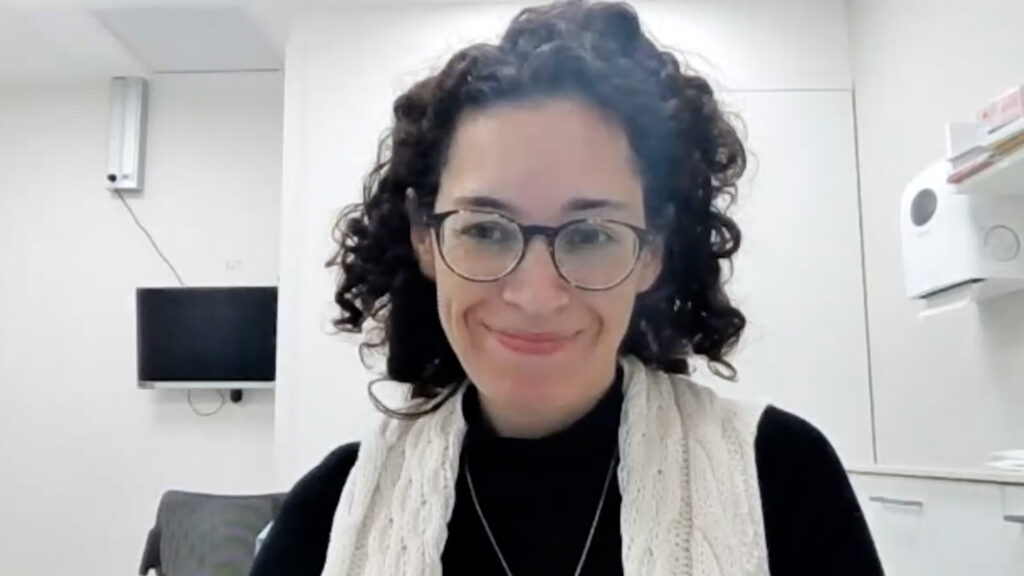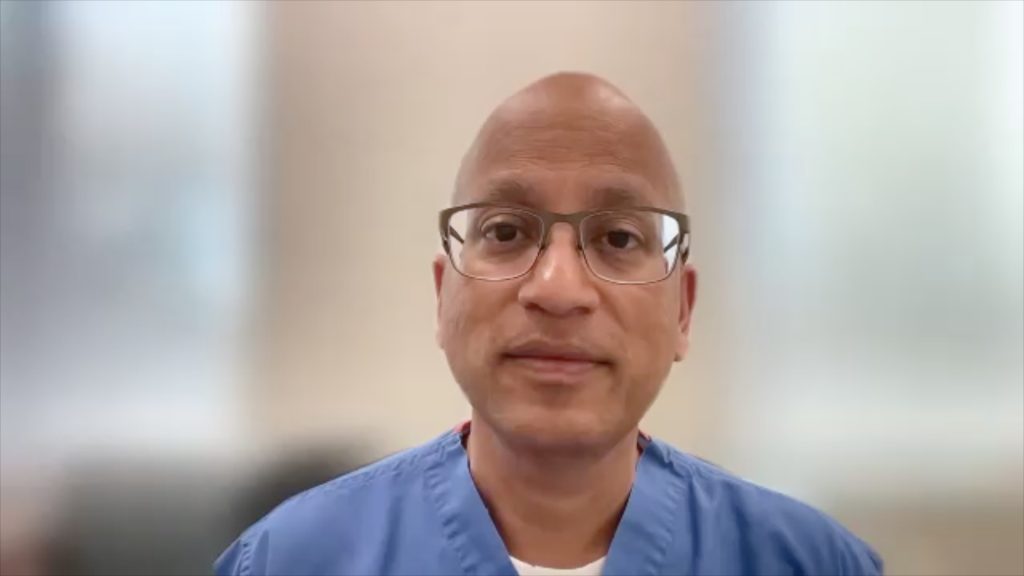In this interview, Dr SriniVas Sadda, Director of Artificial Intelligence & Imaging Research at the Doheny Eye Institute, and Professor of Ophthalmology at the University of California – Los Angeles (UCLA) Geffen School of Medicine, and President of ARVO (2024-2025), discusses the pressing challenges and emerging opportunities in treating retinal diseases. Despite progress, many conditions, such as inherited retinal disorders, macular degeneration and diabetic retinopathy, still lack effective treatments. Dr Sadda shares the latest advancements in diagnostic tools like imaging, which provide a deeper understanding of these diseases at the cellular level and emphasizes the need to expand access to eye care, particularly as the aging population and conditions like diabetes drive up demand. Dr Sadda also highlights ARVO’s role in uniting researchers, clinicians and engineers worldwide to foster collaboration and accelerate progress in addressing these critical issues in vision health.
Transcript:
Q: What exciting developments are happening in retinal disease and imaging?
We still don’t have treatments that are effective for many different conditions, inherited retinal diseases. There’s a lot to be done there, as well as even macular degeneration and diabetic retinopathy, which are obviously the leading causes of blindness, in many countries, at least when it comes to retinal diseases. I’m very excited about the advances in diagnostics such as imaging, because they have given us, I think, amazing insight down to the cellular level, about disease because we need to find better targets, for these diseases and I think that when we have these new technologies, we get a lot of data, and that’s what AI has really been, I think, quite spectacular at, because it allows us to make sense of all of this data. So there’s been a great marriage between these technologies, I think, coming at a perfect time, to try to address, some of these areas of unmet need in our field.
Q: What do you see as the biggest challenges for ophthalmologists today and in the future?
Well, I think that, that, one of the biggest challenges, obviously, our population is growing, and I think the rate of growth in some ways may be outpacing the number of clinicians and others we’re producing, to take care of our growing population. We also have certain diseases because, you know, our population is growing in part also because we’re growing to be older. We’re living longer, which I think is a good thing. There’s there’s many aspects of health that have improved. But with that come other diseases. I mentioned earlier about about macular generational. That’s rising at a at a tremendous rate. Also, we do have some problems related to this epidemic of diabetes, with people, although they may be living longer and in some ways, they may not be as active as they need to be. And so diabetes is on the rise and so more diabetic retinopathy and and issues of that sort. So one of the challenges is how do we, get more care to to people? This is again where, where tools like AI, and and screening technologies using imaging are gonna be quite important.
We also have to be able to deliver care to more remote areas. So we, you know, not only do we have a growing population, we also have an inequity in terms of how, positions are distributed across the world and there are many areas where people have to go to a very long distance to find medical care, and it’s a big challenge. So I think those are, some issues that we’ll have to address, in the coming years.
Q: How do ARVO’s mission and initiatives help address these challenges?
ARVO, I think, is a very key, organization. It’s an international organization related to vision science, research. And, and the critical aspect of ARVO is it brings together clinicians, basic scientists, engineers, all sorts of individuals working, in vision science, from across the world. And so so that’s a critical thing because because really to solve some of these big problems that that we’ve highlighted just briefly, we really need to have global collaborations. And that’s really what ARVO fosters. Its mission is, really about fostering this type of global vision science research and exchange to more rapidly advance progress in our field to address these many challenges that we face.
Disclosures: Dr Sadda discloses the following: Consultant: 4DMT, Abbvie, Alexion, Allergan Inc., Alnylam Pharmaceuticals, Amgen Inc., Apellis Pharmaceuticals, Inc., Astellas, Bayer Healthcare Pharmaceuticals, Biogen MA Inc., Boehringer Ingelheim, Carl Zeiss Meditec, Catalyst Pharmaceuticals Inc., Centervue Inc., GENENTECH, Neurotech, ONL Tx, Heidelberg Engineering, Hoffman La Roche, Ltd., Iveric Bio, Janssen Pharmaceuticals Inc., Nanoscope, Notal Vision Inc., Novartis Pharma AG, Optos Inc., Oxurion/Thrombogenics, Oyster Point Pharma, Regeneron Pharmaceuticals Inc., Samsung Bioepis, Topcon Medical Systems Inc; Honoraria: Carl Zeiss Meditec, Heidelberg Engineering, Nidek Incorporated, Novartis Pharma AG, Topcon Medical Systems Inc.; Other support: Carl Zeiss Meditec, Heidelberg Engineering, Optos Inc., Nidek, Topcon, Centervue
Interviewer: Nicola Cartridge, Touch Medical Media
Cite: Sadda SR, Driving collaboration to address future challenges in ophthalmology , touchOPHTHALMOLOGY, 10 October 2024.


